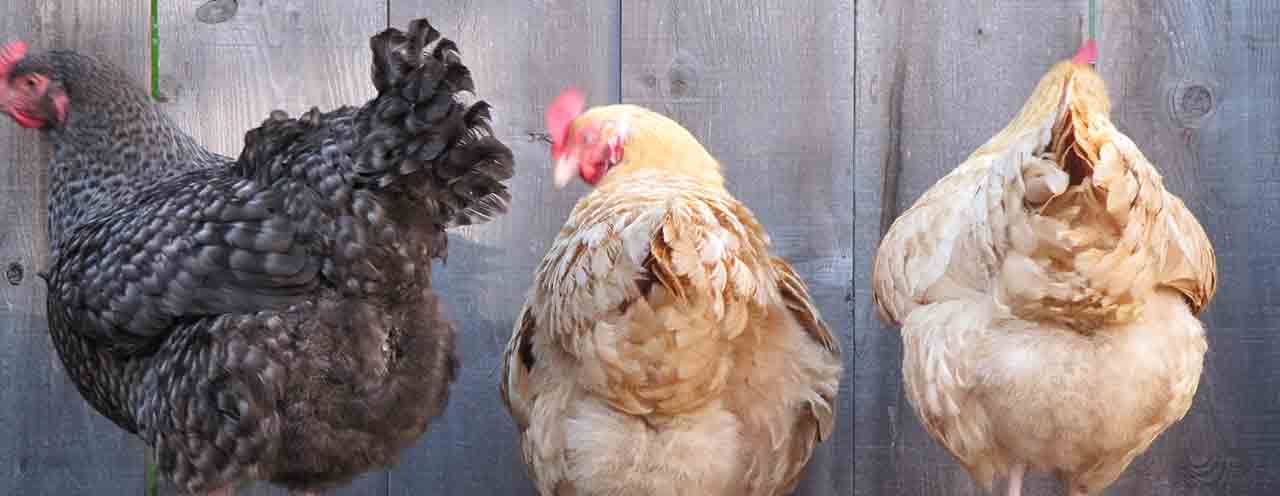Less than two months after McDonalds announced it would not source antibiotic-fed chickens for their restaurants, its major poultry supplier, Tyson Foods, has followed suit, with plans to remove antibiotics from its entire livestock range by 2017. Despite many attempts by legislators to cut the use of antibiotics within livestock in recent years, consumer pressure was the main driver of change for this development in McDonalds and Tysons Foods.

Why cut out antibiotics? They are used to promote growth and protect against infection among dense livestock herds. However, when factory livestock are administered antibiotics, resistant bacteria emerge, multiply and release themselves into the open environment through run-off of urine, water and faeces. When humans come into contact with these bacteria, they can develop immunity to multiple antibiotics, making it difficult to treat illness in the long-term. In the US, 23,000 die as a result of antibiotic resistance every year.
“Antimicrobial resistance is a tragedy of the commons, but with more direct individual effect than climate change,” notes Thomas Van Boeckel, an ecologist at Princeton University.
Tyson is taking suggestions from veterinarians and independent farmers about fighting infection, and considering probiotics and essential oils to treat diseased birds.
The move away from antibiotics has been echoed by Costco, who sell 80 million chickens a year.









